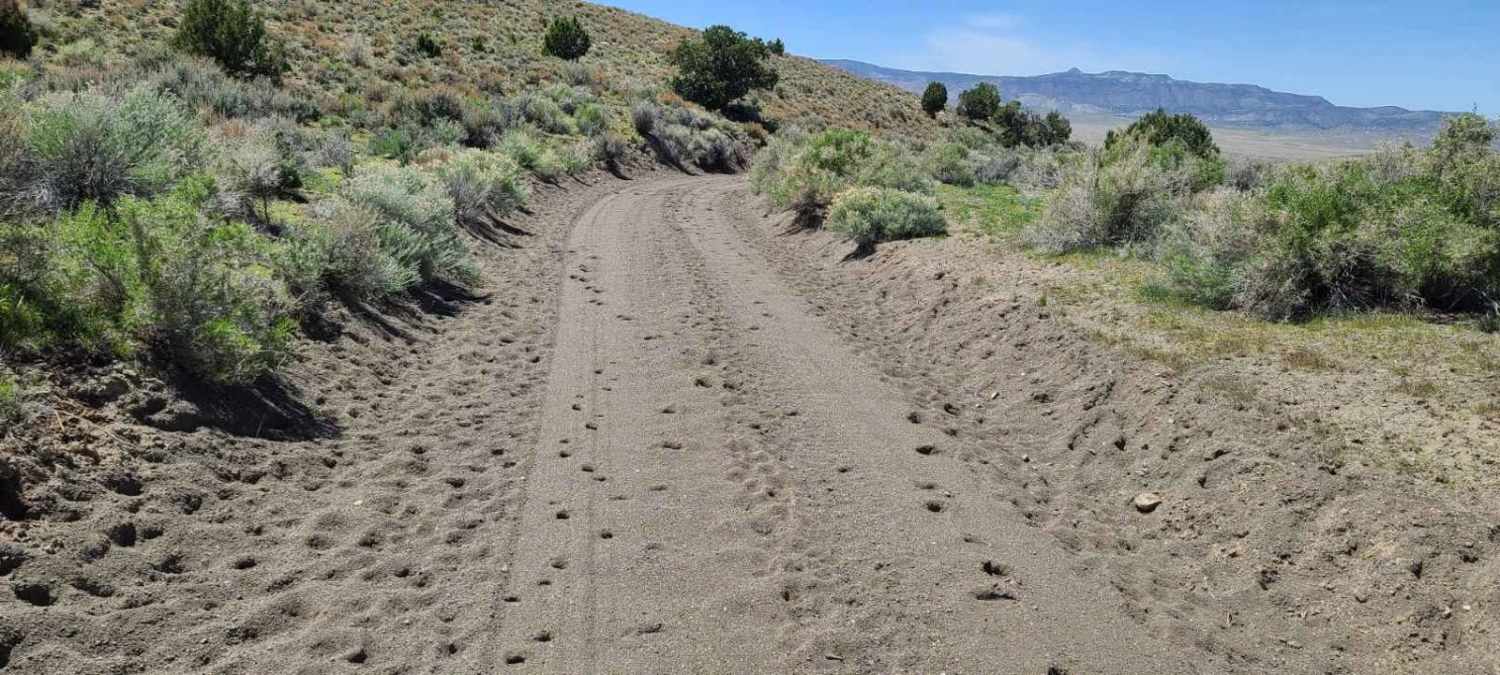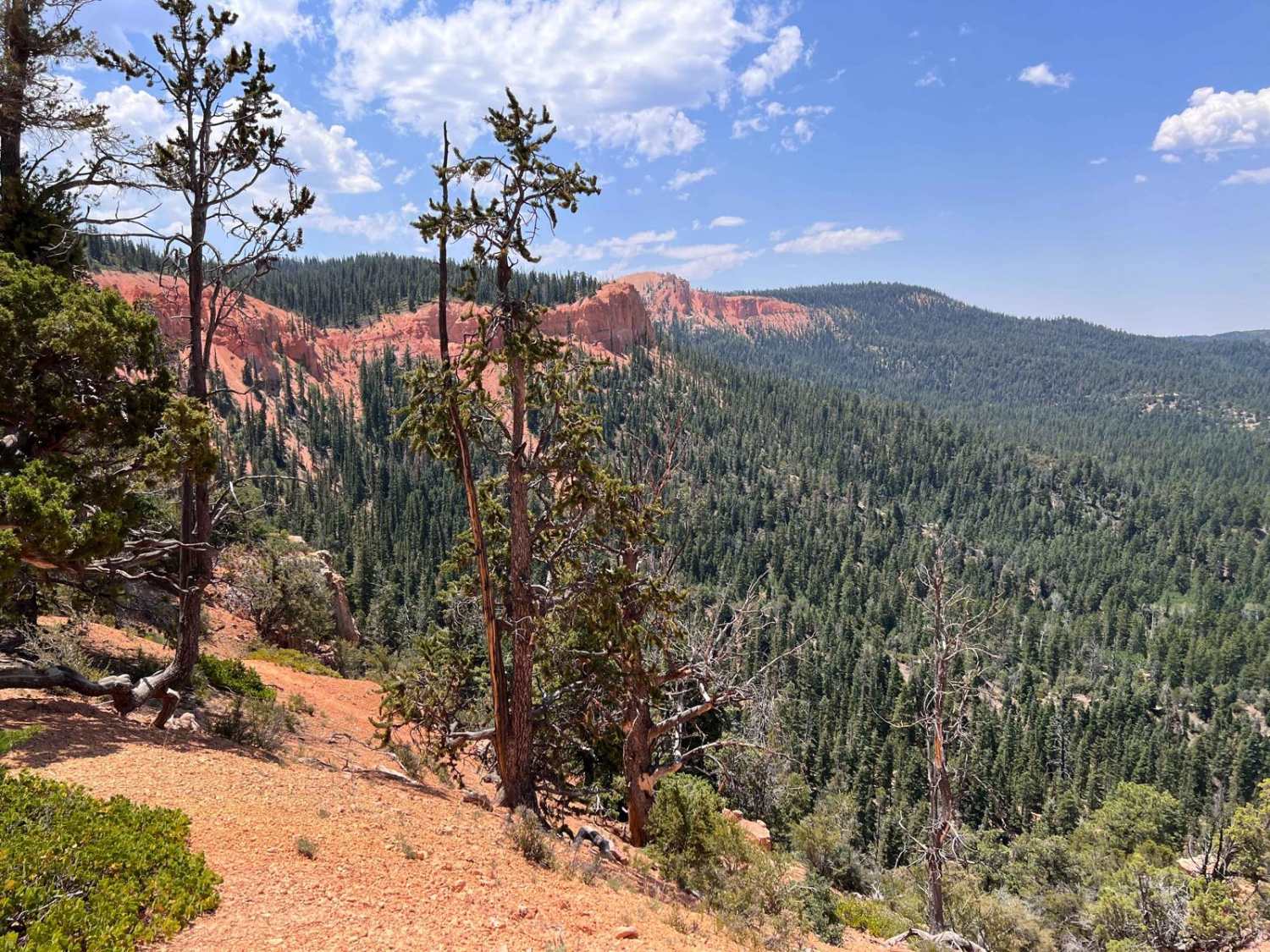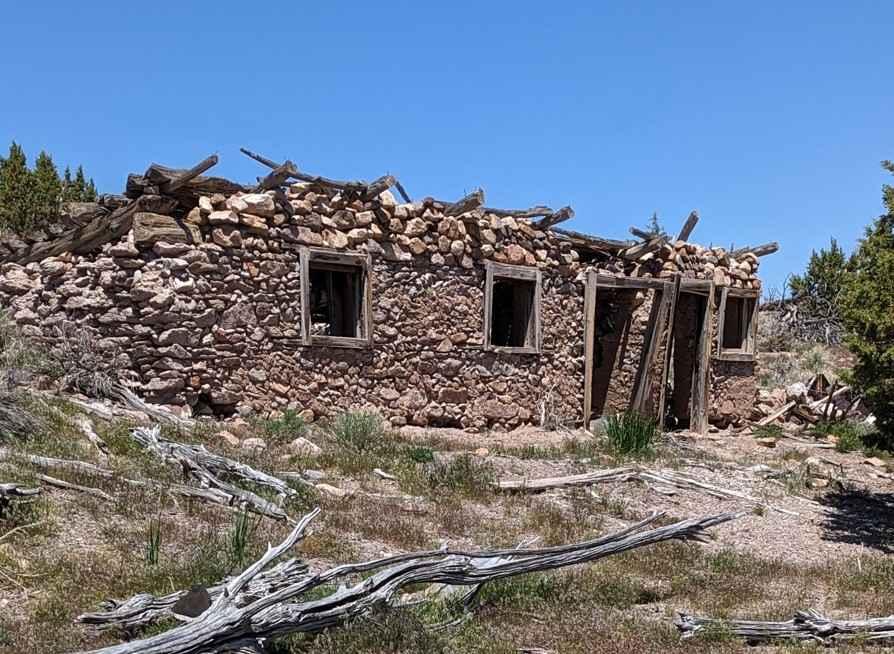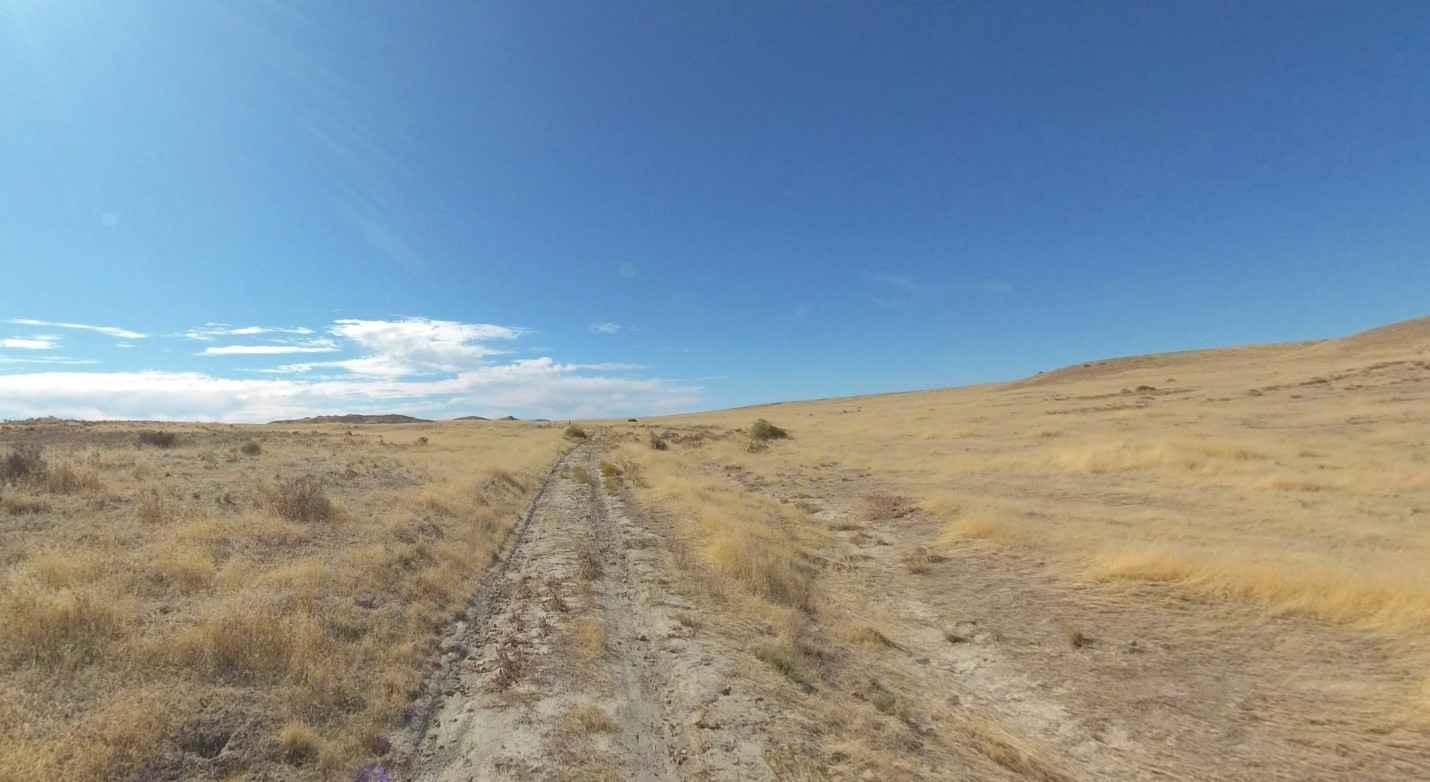Waterhouse Rock Road
Total Miles
4.4
Technical Rating
Best Time
Spring, Summer, Fall, Winter
Trail Type
Full-Width Road
Accessible By
Trail Overview
Waterhouse Rock Road is a 4.4-mile point-to-point trail rated 3 of 10 in Juab County. This unimproved desert track starts at the intersection of Rockbottom Road and Old River Bed Road and cuts southwest across the plain to intersect with Slow Elk Road and Keg Mountain Road. Probably one of the more interesting trails across the northern side of the Keg Mountains, this trail runs across hard-packed desert dirt and through sandy washes. The trail difficulty may increase during and after adverse weather as the washes in particular may be soft and muddy. There is little to no shade along this trail but wildlife may abound. More than half of this trail runs through Utah State Trust Lands (see trail history below to understand what trust lands are). It is unlikely travelers will encounter others in this remote area. The nearest services are located in Eagle Mountain to the east and Delta to the south.
Photos of Waterhouse Rock Road
Difficulty
The trail consists of loose rocks, dirt, and sand with possible mud holes. 4WD may be required.
History
Before the first United States Congress ratified the Constitution and before the election of George Washington, a process was established by the Continental Congress to ensure children of the new country would be educated. The Land Ordinance of 1785 and the Northwest Ordinance of 1787 set aside lands to support public education as territories and states became part of the Union. The Founding Fathers were concerned about the sporadic establishment of schools and demonstrated their commitment to an educated citizenry and maintaining democracy as the organized system of land grants was put in place. Trust lands are parcels of land granted by Congress to Utah at the time of statehood. At the time of statehood, 9% (6 million acres) of the land was granted to Utah as trust lands. Trust lands were allocated specifically to generate revenue to support designated state institutions, including public schools, hospitals, teaching colleges, and universities. Revenue generated from energy, mineral, real estate, and surface development on trust lands is deposited into beneficiary permanent endowments, which total $2.5 billion. Each beneficiary receives annual distributions from their individual endowment. Utah Trust lands are not public lands, but may be used by the public. Roughly 6% of the State of Utah is trust land.
Status Reports
Waterhouse Rock Road can be accessed by the following ride types:
- High-Clearance 4x4
- SUV
- SxS (60")
- ATV (50")
- Dirt Bike
Waterhouse Rock Road Map
Popular Trails

Flint Springs Road

Blue Fly Badger (30110/FR 110)

Parker Mountain Trail 14 to Junction Shallow Hollow Road

Baudino Ranch Road
The onX Offroad Difference
onX Offroad combines trail photos, descriptions, difficulty ratings, width restrictions, seasonality, and more in a user-friendly interface. Available on all devices, with offline access and full compatibility with CarPlay and Android Auto. Discover what you’re missing today!

